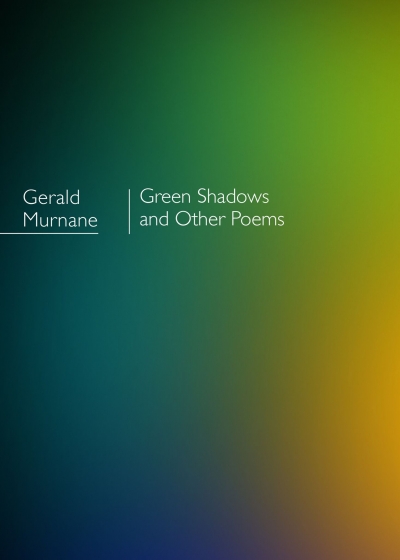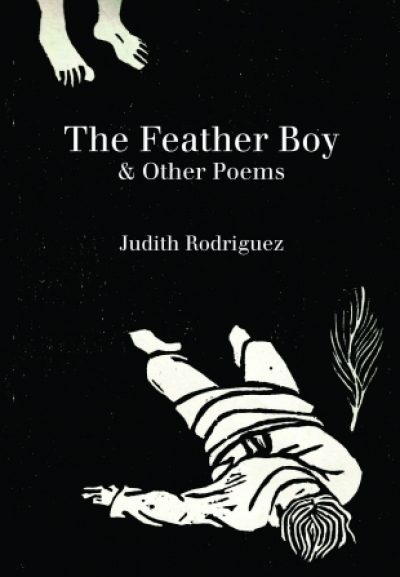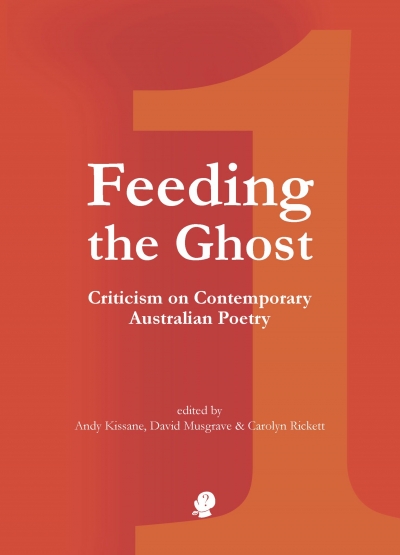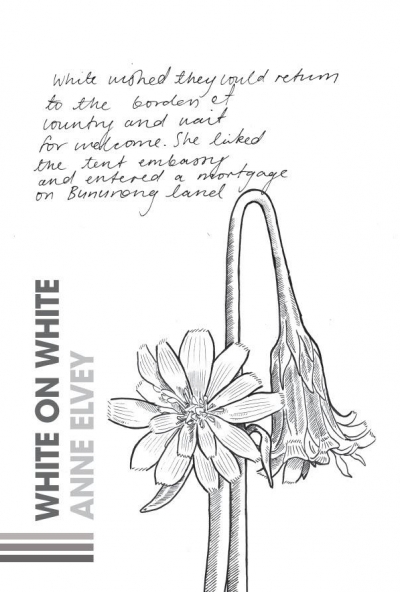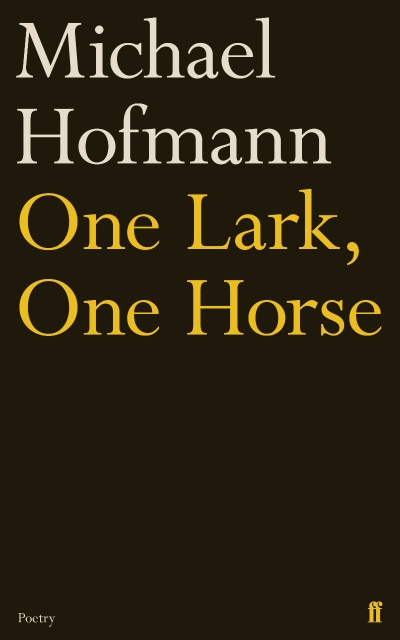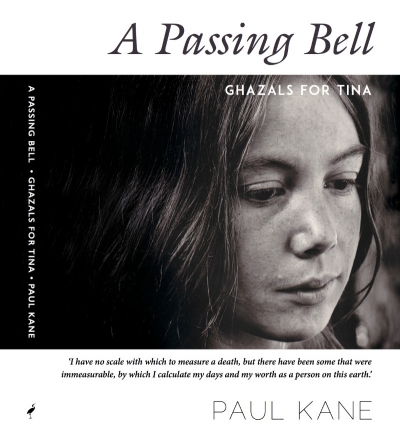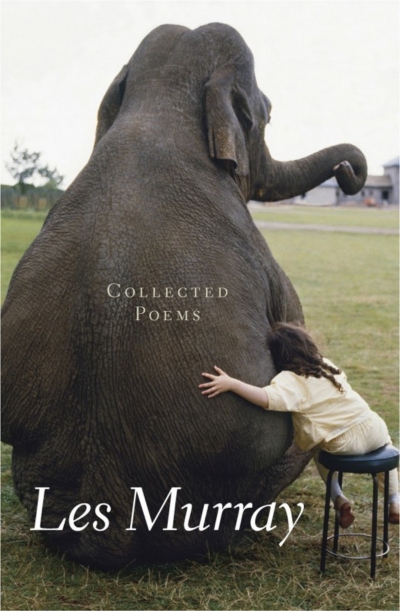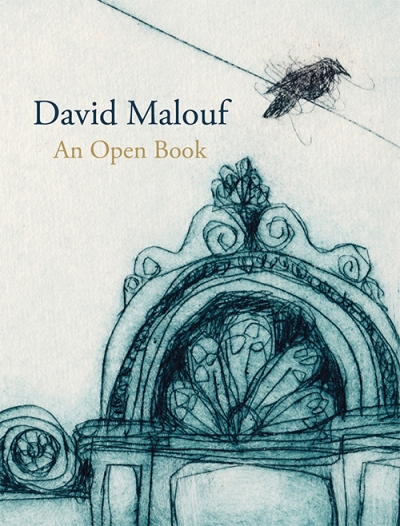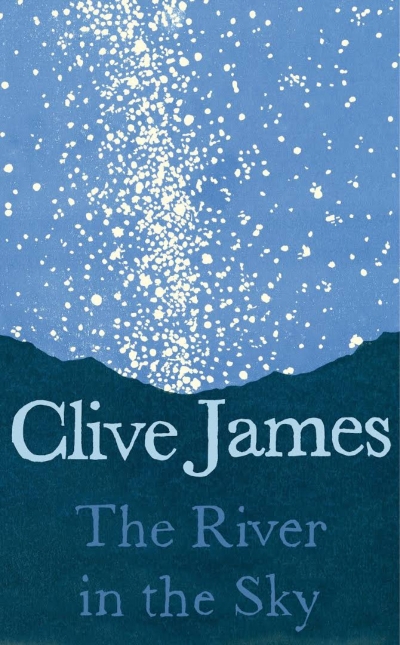Poetry
There has been a long and often troubled history of poets writing novels and novelists writing poetry. The skills needed are very different and equally hard to learn. Few writers have made equal careers in both. If they do, it’s usually the novels that receive most attention ...
... (read more)Judith Rodriguez, who died in November 2018, was a champion of other people’s causes: the right to be heard, the right to freedom from persecution, the right to refuge when such freedom is denied. She was also a champion of poetry and gave generously of her time and energy to fighting its corner ...
... (read more)Feeding the Ghost 1: Criticism on contemporary Australian poetry edited by Andy Kissane, David Musgrave, and Carolyn Rickett
Perhaps the most encouraging sign in this Puncher & Wattmann collection of critical essays on contemporary Australian poets is the prominent ‘1’ on its front cover, promising that this will be the first in a series. Given that last year’s Contemporary Australian Poetry anthology by the same publisher featured more than two hundred poets ...
... (read more)Virtuosic performance text, palimpsest of a nineteenth-century Russian folktale, and a merciless and often very funny sectioning of the self, Ania Walwicz’s horse enacts what it names: ‘Polyphony as identity’. The narrative more or less follows the story of The Little Humpbacked Horse by Piotr Jerszow ...
... (read more)White on White by Anne Elvey & The Sky Runs Right Through Us by Reneé Pettitt-Schipp
Anne Elvey’s White on White and Reneé Pettitt-Schipp’s The Sky Runs Right Through Us both offer ideas of unsettlement in contemporary Australia; Elvey’s is the unsettlement brought by the arrival of colonists, whereas Pettitt-Schipp explores the unsettlement associated with ...
... (read more)Michael Hofmann’s home territory is language, while his life is extraterritorial. He was born in Germany, went to school in England, now lives in Germany, but teaches in North America. He has also made a living out of working between languages, translating scores of texts from German into English ...
... (read more)Rarely does one come across a book that is both intensely ‘literary’ – stylised, sophisticated, deeply engaged with its antecedents – and achingly moving, so viscerally raw that it takes one’s breath away. A Passing Bell: Ghazals for Tina – an elegy-sequence for Tina Kane, to whom Paul Kane was married for thirty-six years – is such a work ...
... (read more)A seven-hundred-page Collected Poems? The cover photograph of the Big Bloke himself is an embodiment of what’s inside in all its sprawling abundance. As is his surname, which can’t help but invoke our country’s big river, whether in full flood, or slow trickle, or slow spreading billabongs ...
... (read more)It is a curious thing, and not a little moving, to see writers celebrated for their work in other genres turn in later life with renewed vigour to poetry. David Malouf, like Clive James, has avowed a desire for poetry now, as the main form of writing his expression wants to take. Certainly, its brevity has a part in this ...
... (read more)For admirers of Clive James’s poetry written since he became terminally ill in 2011 (and this reviewer is certainly one), The River in the Sky will pose something of a quandary. In collections like Sentenced to Life (2015) and Injury Time (2017), the poems were generally tough, vulnerable, well-turned and ...
... (read more)
